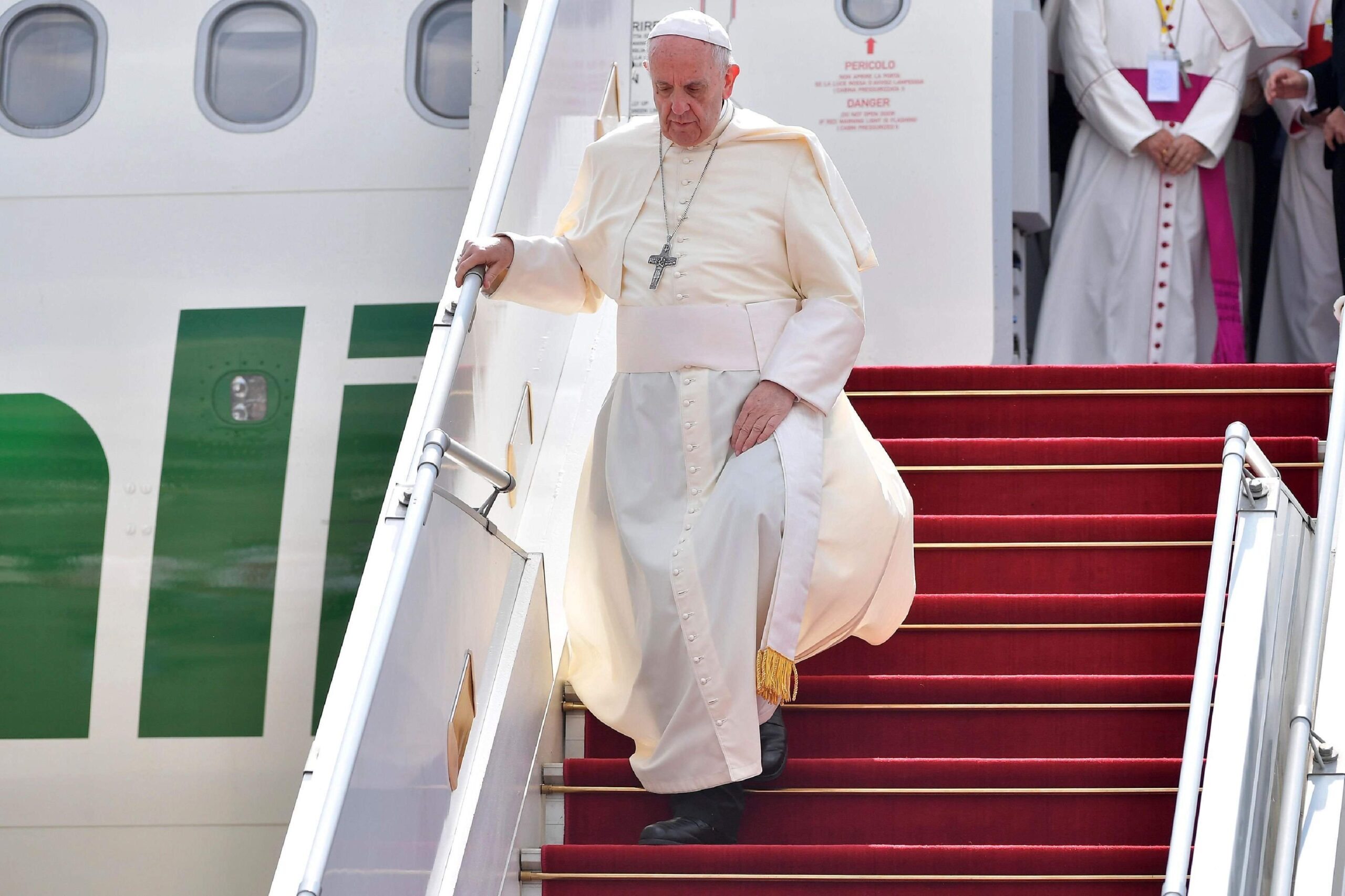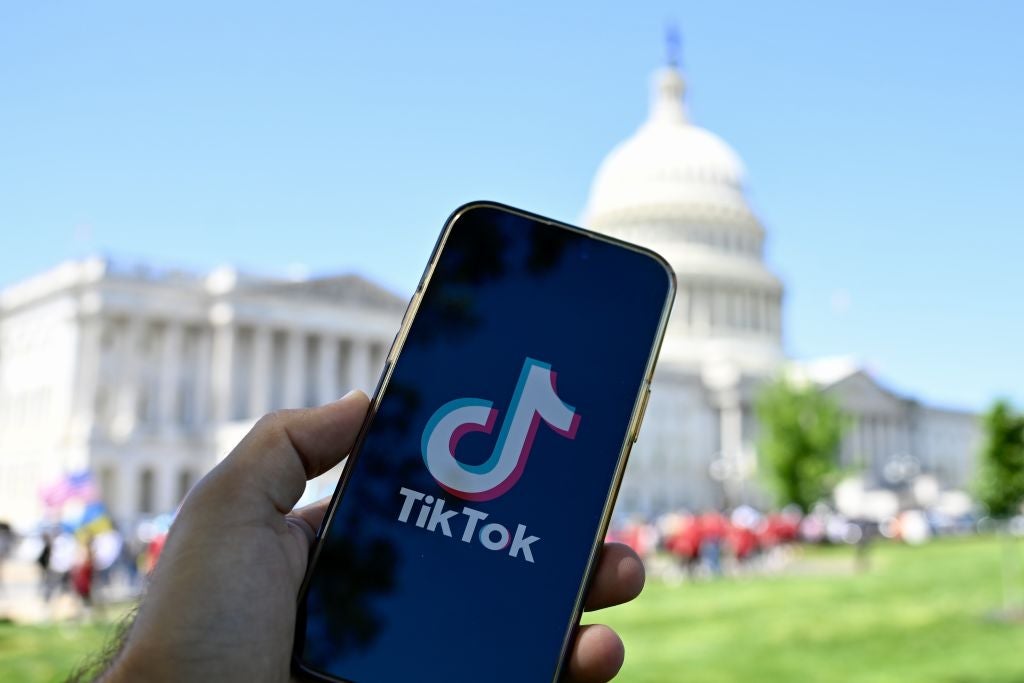
Pope Francis will hold talks with Aung San Suu Kyi, Myanmar’s de facto leader today, before he delivers a speech which will touch on the plight of the Rohingya muslims in the region.
As I prepare to visit Myanmar and Bangladesh, I wish to send a message of greeting and friendship to everyone. I can’t wait to meet you!
— Pope Francis (@Pontifex) 25 November 2017
Suu Kyi, who is also expected to speak, has been criticised for her silence in the face of violence inflicted on Myanmar’s muslims.
On Monday, she was stripped of the Freedom of the English city of Oxford, after local councillors said they no longer wished to honour anyone who ignored mass killings.
How well do you really know your competitors?
Access the most comprehensive Company Profiles on the market, powered by GlobalData. Save hours of research. Gain competitive edge.

Thank you!
Your download email will arrive shortly
Not ready to buy yet? Download a free sample
We are confident about the unique quality of our Company Profiles. However, we want you to make the most beneficial decision for your business, so we offer a free sample that you can download by submitting the below form
By GlobalDataThe 80-year-old Pope is on the second day of a four-day visit to the country and will travel today from Yangon to the capital, Nay Pyi Taw to deliver his address.
Since August, as many as 600,000 Rohingya have fled to neighbouring Bangladesh in what the UN has referred to as “ethnic cleansing” carried out by Myanmar’s military.
US secretary of state Rex Tillerson also called the operation ethnic cleansing last week, demanding an independent inquiry into abuses by Myanmar’s security forces and others.
Myanmar has denied accusations that the treatment of the Muslim community amounts to ethnic cleansing, adding that the country’s army are protecting civilians from violent insurgents.
Francis, who has declared his support for his Rohingya “brothers and sisters”, met with senior general Min Aung Hlaing, the commander in chief of Myanmar’s military on Monday.
However, the Catholic Church in Myanmar has urged the pope to refrain from using the term Rohingya for fear of aggravating the situation.
Myanmar’s government rejects the term Rohingya, instead referring to the Rohingya as “Bengalis” who migrated illegally from Bangladesh. Bangladesh denies that they are its citizens.
“The [Rohingya] have demanded recognition as Rohingya, which has never been an ethnic group in Myanmar,” Aung Hlaing wrote on his Facebook page in September.
Kate Vigneswaran, from the human rights group, Fortify Rights, told the BBC that the Pope should still use the term Rohingya.
The Myanmar government and military have been trying to compel states for some time and other people not to use the term because they want to call them Bengali interlopers or foreigners. So to support that by not using the term I think contributes to that dehumanisation of the Rohingya as a group.
On Friday, Francis will head to Bangladesh where he will meet some Rohingya refugees in the capital city of Dhaka.




